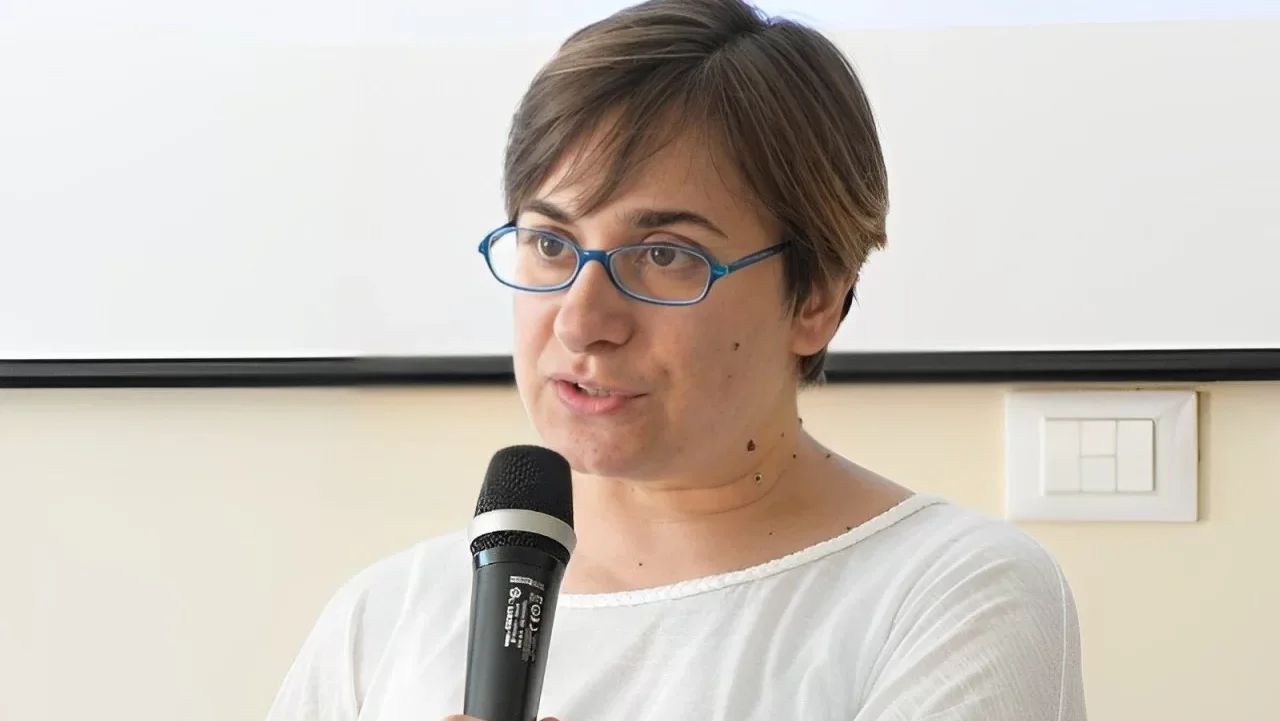Angela Mastronuzzi, Head of Neuro-Oncology Unit at Bambino Gesù Children’s Hospital and President of AIEOP, shared a post on LinkedIn:
“Just published with Sage: Real-life experience with a “modified-MEMMAT” regimen for relapsed medulloblastoma
Background: Medulloblastoma (MB) relapse is typically resistant to available treatments. An emerging alternative strategy focuses on disrupting tumor angiogenesis at various stages, using a combined metronomic anti-angiogenic approach.
Methods: We analyzed clinical, molecular, radiological, and outcome data of our cohort treated using a modified Medulloblastoma European Multitarget Metronomic Anti-Angiogenic Trial (MEMMAT) strategy.
Conclusion: There is a lack of standardization in treatment protocols for progressive and relapsed MB, presenting a challenge in determining the optimal approach for affected children. Our primary objective has been to assess the effectiveness and tolerance of a metronomic schema administered in children with recurrent MB.
Our study confirms that the “modified-MEMMAT” regimen represents a promising approach for patients with relapsed/refractory MB. These findings provide valuable real-life data on a homogeneous group of patients. It is clear that an MC combination not only induces responses but also supports the continuity of PFS in patients with a history of multiple intensive prior treatments.”
Title: Real-life experience with a “modified-MEMMAT” regimen for relapsed medulloblastoma
Authors: Antonella Cacchione, Giada Del Baldo, Federica D’Antonio, Valentina Di Ruscio, Giacomina Megaro, Chiara Pilotto, Assunta Tornesello, Alessandro Cocciolo, Sabina Vennarini, Silvia Chiesa, Andrea Carai, Andrea De Salvo, Giulia Albino, Giovanna Stefania Colafati, Irene Slavc, Angela Mastronuzzi
Read the Full Article.



